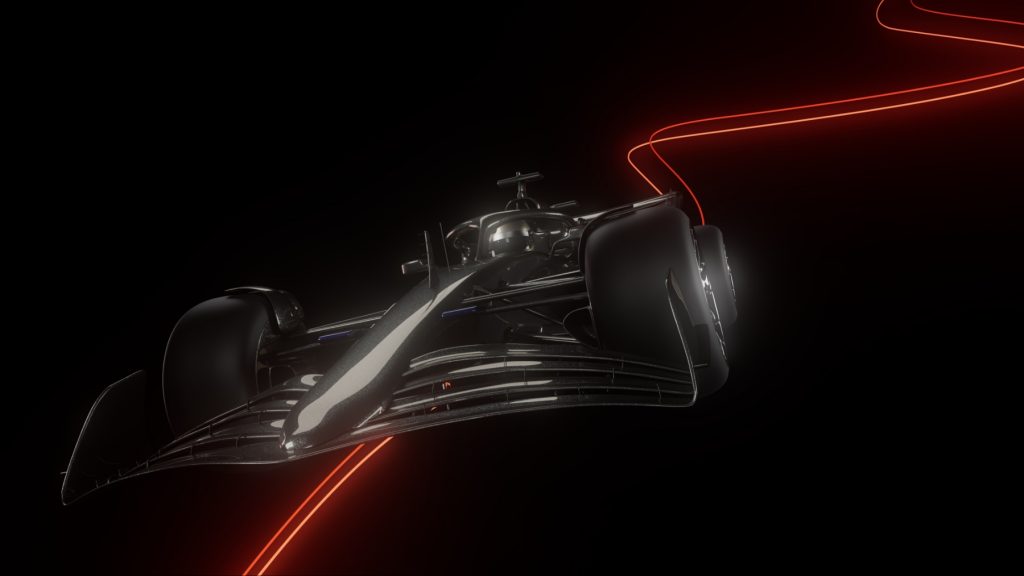
In recent years, Neural Concept’s AI has become a game-changer for Formula 1 and other transportation companies with its approach to aerodynamic design.
- The 3D deep learning software enhances energy efficiency and sustainability in transportation.
- Formula 1’s demand for perfect aerodynamics drives the adoption of Neural Concept Shape, significantly reducing design iteration times and costs.
Over the last couple of years, Neural Concept has been transforming Formula 1 and other transportation companies with its AI-based approach to aerodynamic design.
Its story begins in 2018 when Neural Concept created the world’s most aerodynamic bicycle. Since then, their technology has evolved to serve motorsport, aerospace, and automotive industries.
The Swiss company’s Neural Concept Shape (NCS). The 3D deep learning software significantly improves battery cooling plates and optimizes electric motors. These modifications enhance energy efficiency and drive sustainability in transportation.
Take Formula 1 as an example. Based on the series’ 2019 sustainability report, the company emitted 256,551 tons of CO2. This is equivalent to approximately 49,300 round-trip flights between London and New York. Taylor Swift who?
According to a 2021 white paper, titled ‘Deep Learning for Real-Time Design: The Formula 1 Case,’ the NCS can potentially revolutionize design workflow. The team explored the application of deep learning, specifically Neural Concept Shape, in real-time design, focusing on its impact within the Formula 1 domain.
Why Formula 1? Because it requires perfect aerodynamics, but figuring this out with traditional computing methods takes too long. Neural Concept Shape offers a solution, utilizing neural networks to predict simulation outcomes rapidly and accurately, significantly reducing wait times from hours to milliseconds. Turns out, the NCS enables engineers to explore more geometries and converge faster optimal solutions without excessive reliance on costly simulations.
So, the automotive industry is seeking more aerodynamic designs for both performance purposes and sustainability reasons. And Neural Concept is doing its part, partnering with global suppliers like Bosch and Mahle.
In 2020, Neural Concept and Bosch Research successfully applied Neural Concept’s NCS to E-Drive motor housing (electric car engine) simulations. The team accurately emulated complex Finite Element (FE) software simulations in milliseconds, suggesting potential for design optimization. In layperson’s terms, Finite Elements Analysis (FEA) determines how the engine housing would perform under pressure and stress. The software may take hours or even days to run. However, the NCS is trained to emulate the FEA simulation, predicting the behavior of a design in milliseconds. Of the many benefits this collaboration has on sustainability, there is reduced prototyping, streamlined manufacturing, and reduced energy consumption.
All in All, thanks to artificial intelligence, Neural Concept has managed to elevate one of the most physics-reliant sports out there, Formula 1.
Inside Telecom provides you with an extensive list of content covering all aspects of the tech industry. Keep an eye on our Intelligent Tech sections to stay informed and up-to-date with our daily articles.